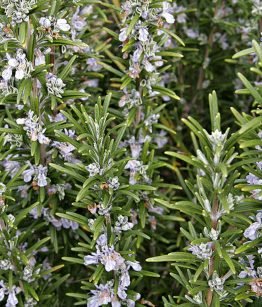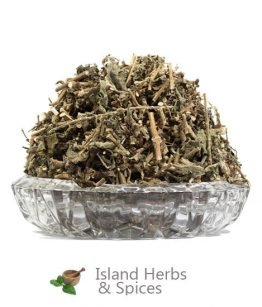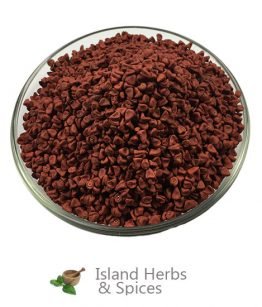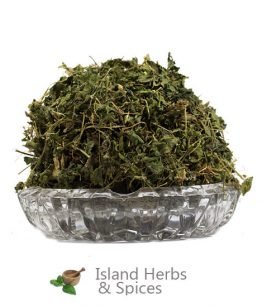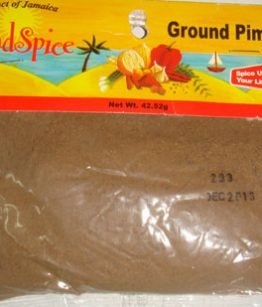A Phytosanitary Certificate is an official document issued by the plant protection organization of a country to certify that a shipment of plants, plant products, or other regulated articles complies with the importing country’s plant health requirements. The certificate verifies that the items have been inspected and are free from harmful pests, diseases, and contaminants that could pose a risk to agriculture or the environment.
Phytosanitary Certificates are required for international trade of items such as fresh fruits, vegetables, seeds, herbs, wood products, and sometimes even soil. The certificate includes details about the shipment, such as the type of product, quantity, origin, destination, and results of the inspection. It must be presented at the port of entry to the receiving country’s customs or agricultural authorities.
Without a valid Phytosanitary Certificate, shipments can be delayed, refused entry, or destroyed. This certificate helps ensure the safe and compliant movement of agricultural goods across borders and supports global efforts to prevent the spread of invasive species and plant diseases.




